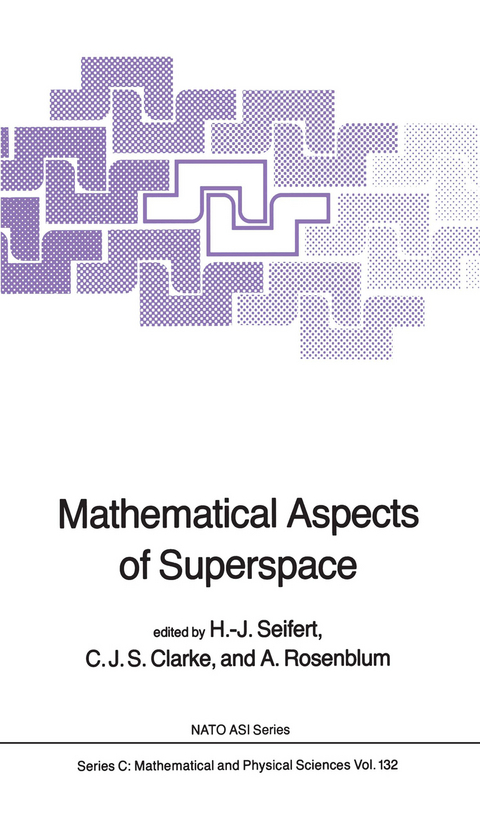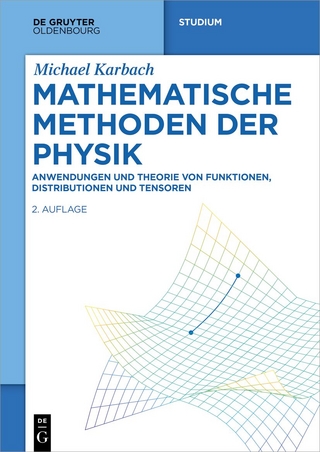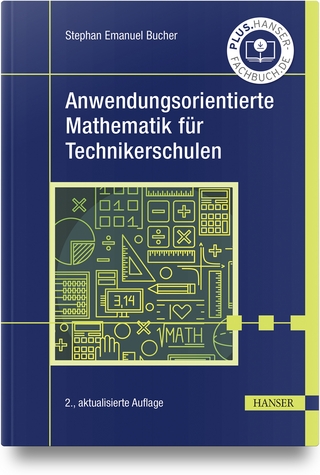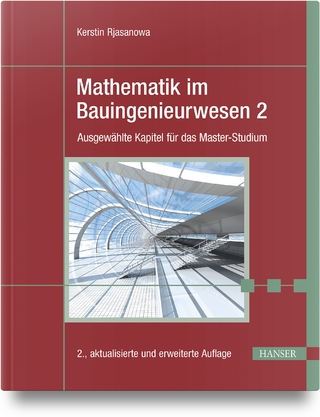
Mathematical Aspects of Superspace
Kluwer Academic Publishers (Verlag)
978-90-277-1805-1 (ISBN)
Non-linear Realization of Supersymmetry.- 1. Introduction.- 2. The Akulov-Volkov field.- 3. Superfields.- 4. Standard fields.- 5. N > 1/N = 1.- 6. N = 1 supergravity.- References.- Fields, Fibre Bundles and Gauge Groups.- 1. Manifolds.- 2. Fibre bundles.- 3. Gauge Groups.- 4. Space-Time.- Path Integration on Manifolds.- 1. Introduction.- 2. Gaussian measures, cylinder set measures, and the Feynman-Kac formula.- 3. Feynman path integrals.- 4. Path integration on Riemannian manifolds.- 5. Gauge invariant equations; diffusion and differential forms.- Acknowledgements, References.- Graded Manifolds and Supermanifolds.- Preface and cautionary note.- 0. Standard notation.- 1. The category GM.- 2. The geometric approach.- 3. Comparisons.- 4. Lie supergroups.- Table: “All I know about supermanifolds”.- References.- Aspects of the Geometrical Approach to Supermanifolds.- 1. Abstract.- 2. Building superspace over an arbitrary spacetime.- 3. Super Lie groups.- 4. Compact supermanifolds with non-Abelian fundamental group.- 5. Developments and applications.- References.- Integration on Supermanifolds.- 1. Introduction.- 2. Standard integration theory.- 3. Integration over odd variables.- 4. Superforms.- 5. Integration on Er,s.- 6. Integration on supermanifolds.- References.- Remarks on Batchelor’s Theorem.- Classical Supergravity.- 1. Definition of classical supergravity.- 2. Dynamical analysis of classical field theories.- 3. Formal dynamical analysis of classical supergravity.- 4. The exterior algebra formulation of classical supergravity.- 5. Does classical supergravity make sense?.- Appendix: Notations and conventions.- References.- List of participants.
| Reihe/Serie | NATO Science Series C ; 132 |
|---|---|
| Zusatzinfo | XII, 214 p. |
| Verlagsort | Dordrecht |
| Sprache | englisch |
| Maße | 155 x 235 mm |
| Themenwelt | Mathematik / Informatik ► Mathematik ► Angewandte Mathematik |
| Naturwissenschaften ► Physik / Astronomie ► Allgemeines / Lexika | |
| Naturwissenschaften ► Physik / Astronomie ► Theoretische Physik | |
| ISBN-10 | 90-277-1805-9 / 9027718059 |
| ISBN-13 | 978-90-277-1805-1 / 9789027718051 |
| Zustand | Neuware |
| Haben Sie eine Frage zum Produkt? |
aus dem Bereich


